Condensing vs Non Condensing Tankless Water Heaters: What are the Differences?
Tankless water heaters are available in two main types: condensing and non-condensing models. Understanding the differences between these options is crucial for homeowners looking to make an informed decision. In this article, we will provide a detailed comparison of condensing and non-condensing tankless water heaters, enabling readers to select the best heater for their living space and needs.

What is a tankless water heater and how does it work?
Water heaters can be classified into two main types: traditional models with storage tanks and tankless designs. Traditional water heaters store a significant amount of water in a tank and maintain it at a constant temperature. On the other hand, tankless water heaters heat water as it is needed, passing it through a heat exchanger. This immediate heating process eliminates the necessity for a storage tank, leading to space and energy savings.

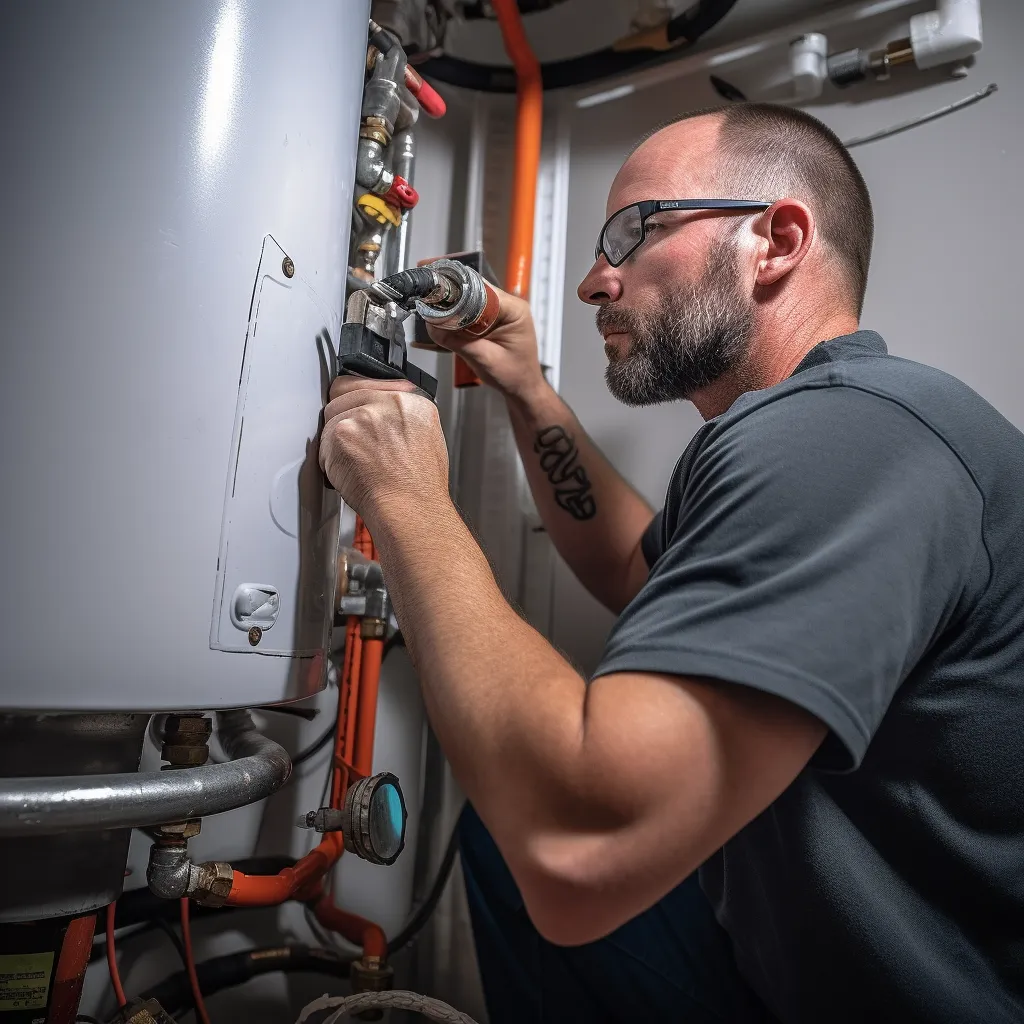
What is a condensing tankless water heater?
The condensing tankless water heater represents an advanced and more efficient version of the traditional tankless water heater. It incorporates a clever mechanism to capture and recycle waste heat, effectively heating the incoming water. This process maximizes efficiency and minimizes energy wastage, leading to substantial cost savings on your energy bill. Additionally, by reducing energy consumption, the condensing tankless water heater contributes to reducing your carbon footprint, making it an environmentally friendly option.
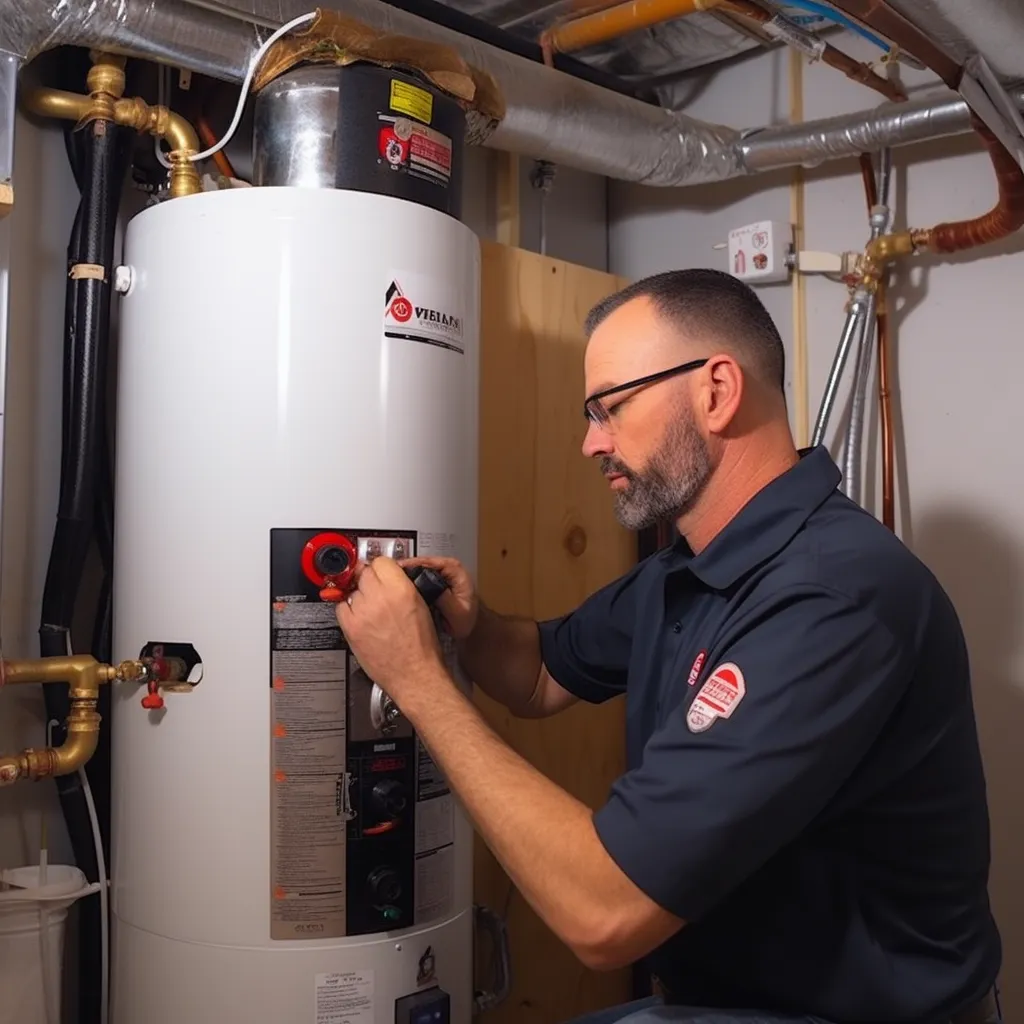
What are the differences: condensing vs non condensing tankless water heaters
Tankless water heaters are a smart option for cutting down on energy costs, but it's crucial to differentiate between condensing and non-condensing models. The key difference lies in how they deal with exhaust gases. Non-condensing models release these gases into the atmosphere, while condensing models cool them until they condense into water vapor, which is then expelled.
This process makes condensing models more energy-efficient and effective overall compared to non-condensing models. Although condensing models may have higher initial costs, they offer substantial long-term savings by reducing energy expenses.
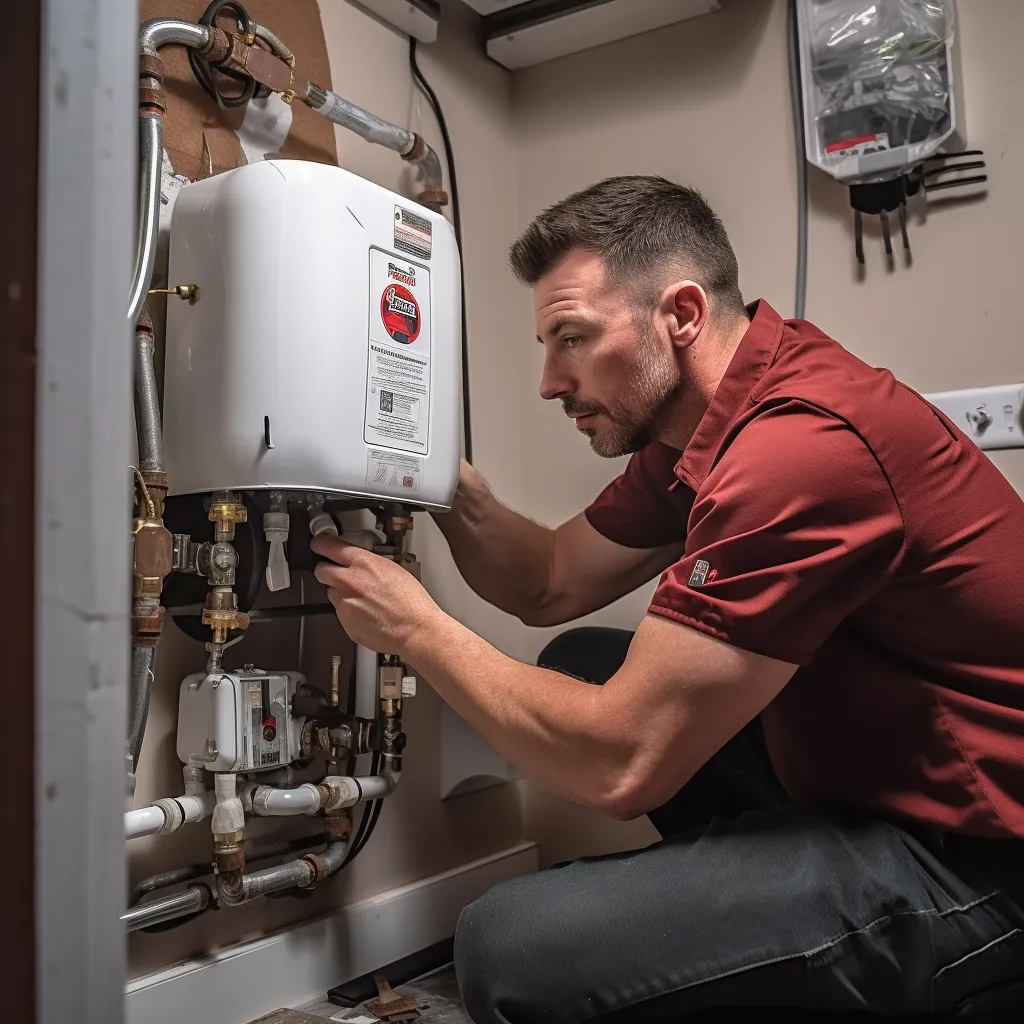
What are the benefits
of a condensing tankless water heater?
Condensing tankless water heaters offer several significant benefits:

High energy efficiency: The condensing technology allows these heaters to capture and reuse waste heat from exhaust gases, making them much more energy-efficient compared to non-condensing models. This efficiency leads to lower energy consumption and reduced utility bills.
Cost savings: By using the waste heat and maximizing energy efficiency, condensing tankless water heaters can help homeowners save money on their energy bills over time, offsetting the higher initial purchase cost.
Environmentally friendly: The reduced energy consumption of condensing tankless water heaters results in lower greenhouse gas emissions, making them a greener and more environmentally friendly option.
What are the disadvantages
of a condensing tankless water heater?
While condensing tankless water heaters offer numerous advantages, they also have some drawbacks to consider:

Higher upfront cost: Condensing tankless water heaters typically have a higher initial purchase and installation cost compared to non-condensing models and traditional tank water heaters.
Complex installation: The installation of a condensing tankless water heater can be more involved and may require modifications to existing gas lines or venting systems, adding to the overall installation cost.
Limited flow rate: Although condensing tankless water heaters provide a continuous hot water supply, their flow rate may be lower than that of non-condensing models. This can be a concern if multiple hot water outlets are used simultaneously.


Are condensing tankless water heaters energy-efficient?
Yes, condensing tankless water heaters are highly energy-efficient. Their unique condensing mechanism allows them to capture and recycle waste heat from the exhaust gases, which makes them significantly more efficient than non-condensing models.
In non-condensing tankless water heaters, the exhaust gases are released into the atmosphere, resulting in some heat loss and energy waste. However, in condensing tankless water heaters, these gases are cooled down until they condense into water vapor. This process releases latent heat, which is then used to preheat the incoming cold water, maximizing the system's energy efficiency.
By recovering and utilizing this waste heat, condensing tankless water heaters can achieve energy efficiency ratings of up to 98% or even higher. This means that almost all the energy used to heat the water is converted into usable heat, making them highly efficient and cost-effective in the long run. The higher energy efficiency of condensing tankless water heaters translates to reduced energy consumption and lower energy bills, making them an environmentally friendly and budget-conscious choice for homeowners.
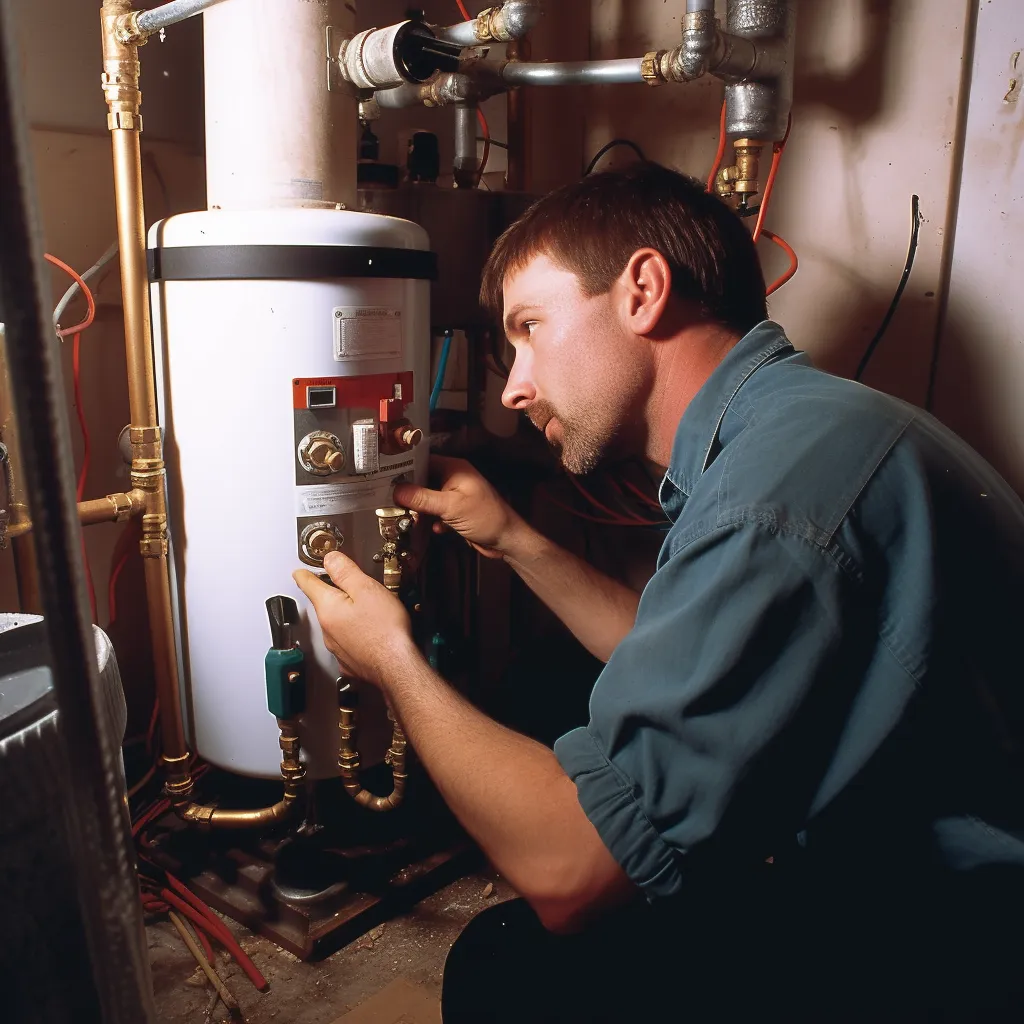
Are non condensing tankless water heaters energy-efficient?
Non-condensing tankless water heaters are generally less energy-efficient compared to their condensing counterparts. In non-condensing models, the exhaust gases generated during the heating process are released directly into the atmosphere without further utilization. This results in some heat loss and energy wastage, which can reduce their overall efficiency.
While non-condensing tankless water heaters can still be more energy-efficient than traditional tank-style water heaters because they only heat water on-demand, they may not reach the same high levels of energy efficiency as condensing models. Non-condensing tankless water heaters typically have energy efficiency ratings ranging from 80% to 85%.
It's important to note that the actual energy efficiency of any water heater will depend on various factors, including the specific model, usage patterns, water quality, and maintenance. Homeowners looking to maximize energy efficiency should consider the benefits of condensing tankless water heaters, as they can achieve higher efficiency and offer greater cost savings in the long term.
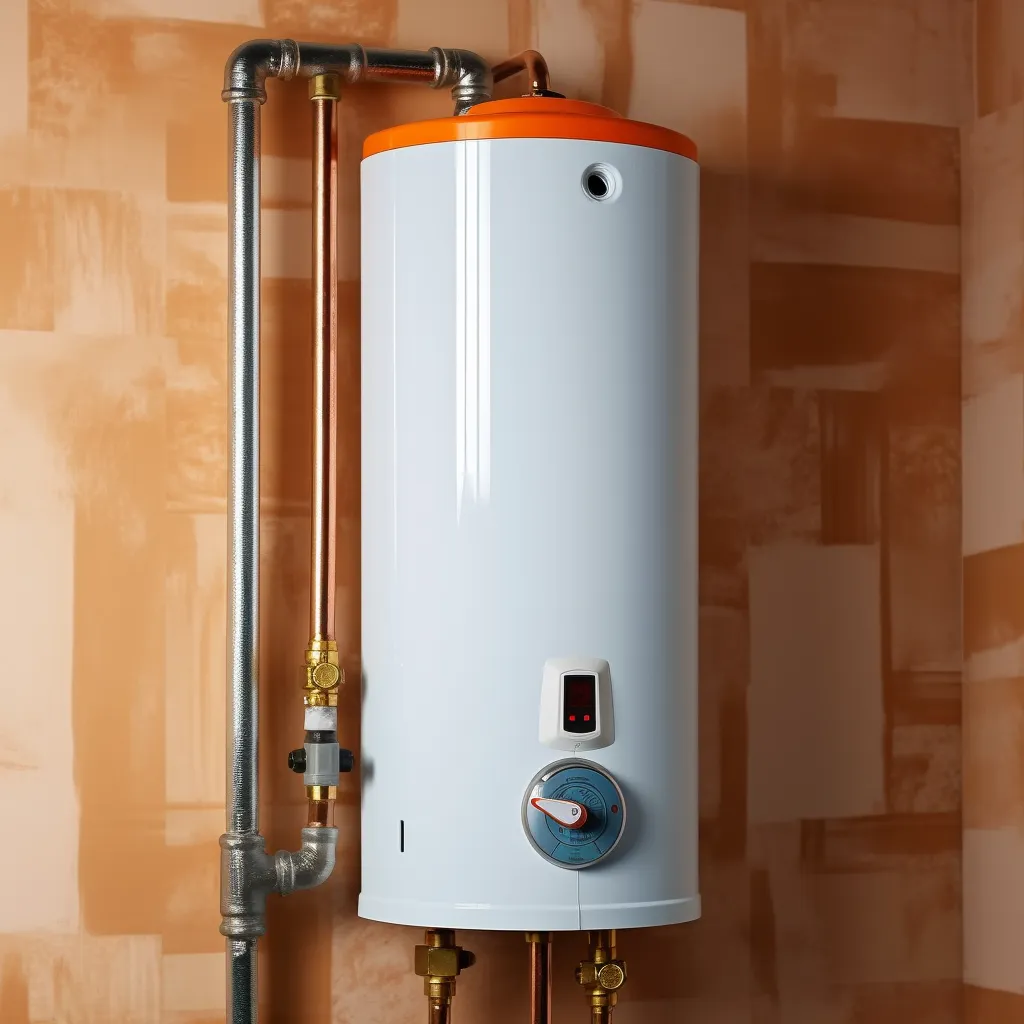
What is the cost to buy and install a condensing tankless water heater?
The cost to buy and install a condensing tankless water heater can vary depending on several factors, including the brand, model, capacity, and installation complexity. On average, the initial cost of a condensing tankless water heater can range from $1,500 to $3,500.
While the upfront cost of a condensing tankless water heater may be higher compared to conventional tank-style water heaters, the potential energy savings and longer lifespan can make it a cost-effective investment in the long run. Additionally, some utility companies and government programs offer rebates or incentives for energy-efficient water heater installations, which can help offset the initial cost. It's best to consult with a licensed plumber or water heater professional to get an accurate estimate based on your specific needs and location.
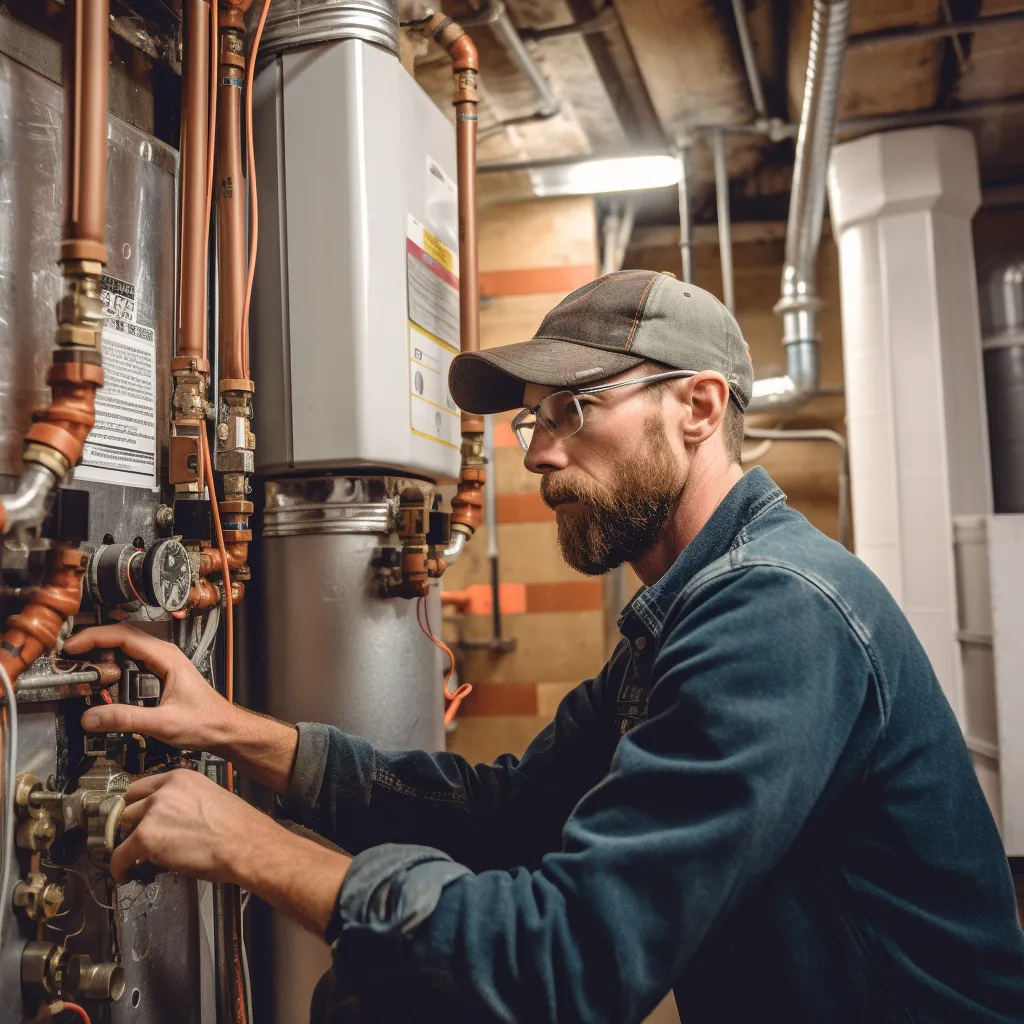
What is the cost to buy and install a non condensing tankless water heater?
Non-condensing tankless water heaters are indeed a cost-effective and efficient option for providing unlimited hot water. While their upfront costs may vary based on brand, size, and features, the long-lasting performance and space-saving benefits make them a popular choice for many homeowners. Investing in a high-quality non-condensing tankless water heater can lead to significant energy savings and improved convenience, making it a valuable addition to your home.
Condensing tankless water heaters maintenance requirements?
Non-condensing tankless water heaters are indeed a cost-effective and efficient option for providing unlimited hot water. While their upfront costs may vary based on brand, size, and features, the long-lasting performance and space-saving benefits make them a popular choice for many homeowners. Investing in a high-quality non-condensing tankless water heater can lead to significant energy savings and improved convenience, making it a valuable addition to your home.

Verify for leaks or potential issues.
Clean the heat exchanger and burner.
Inspect and replace filters to maintain efficiency.
Test water pressure and temperature for optimal function.
Ensure the venting system is free of debris.
Flush the system regularly to remove sediment buildup.
Check the cleanliness of the air filter
These maintenance tasks can indeed help ensure the optimal performance and longevity of your tankless water heater. By regularly verifying for leaks, cleaning the heat exchanger and burner, inspecting and replacing filters, testing water pressure and temperature, checking the venting system, flushing the system, and cleaning the air filter, you can prevent potential issues and maintain the efficiency of your tankless water heater. Conducting these maintenance routines will contribute to a reliable supply of hot water and help you avoid unexpected breakdowns and costly repairs.

What are the maintenance requirements
for non condensing tankless water heaters?
Absolutely, regular maintenance is crucial for both non-condensing and condensing tankless water heaters to ensure optimal performance and prevent potential problems. By conducting routine maintenance tasks such as verifying for leaks, cleaning the heat exchanger and burner, inspecting and replacing filters, testing water pressure and temperature, checking the venting system, flushing the system, and cleaning the air filter, you can prolong the lifespan of your tankless water heater and maintain a steady supply of hot water. This proactive approach helps you avoid costly repairs and ensures your water heater operates efficiently for years to come.

Regularly flushing the system to remove mineral buildup and debris that can affect its performance.
Checking the unit filters frequently and replacing them as needed to ensure proper flow and prevent clogging.
Cleaning the heat exchanger and burner to remove any buildup that can impact efficiency and heat transfer.
Inspecting the system for any malfunctions or leaks and addressing them promptly to prevent further damage.
Verifying the water pressure and temperature to ensure they are within the recommended range for optimal performance.
Keeping the vents free from debris to maintain proper airflow and prevent ventilation issues.
What to think about when choosing between a
non condensing vs condensing tankless water heater
When choosing between a non-condensing and a condensing tankless water heater, consider the following factors:
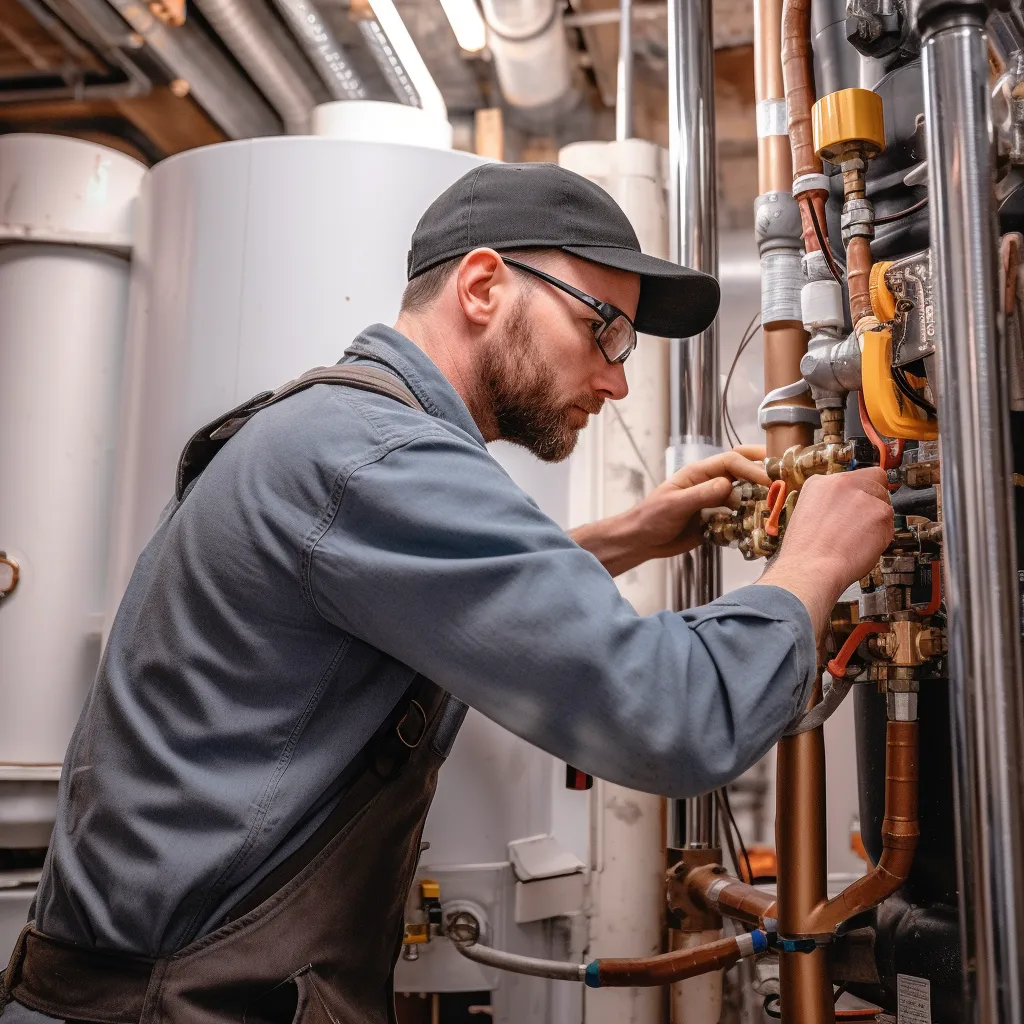
Energy Efficiency: Condensing tankless water heaters are generally more energy-efficient than non-condensing models. They utilize waste heat to preheat incoming water, resulting in higher efficiency and lower energy bills.
Upfront Cost: Condensing tankless water heaters often have a higher initial cost compared to non-condensing models. However, they can provide long-term savings through reduced energy consumption.
Longevity: Both types of tankless water heaters can have a long lifespan, providing hot water for up to two decades with proper maintenance.
Venting Requirements: Condensing tankless water heaters may have specific venting requirements due to the condensation process. Non-condensing models may have more straightforward venting needs.
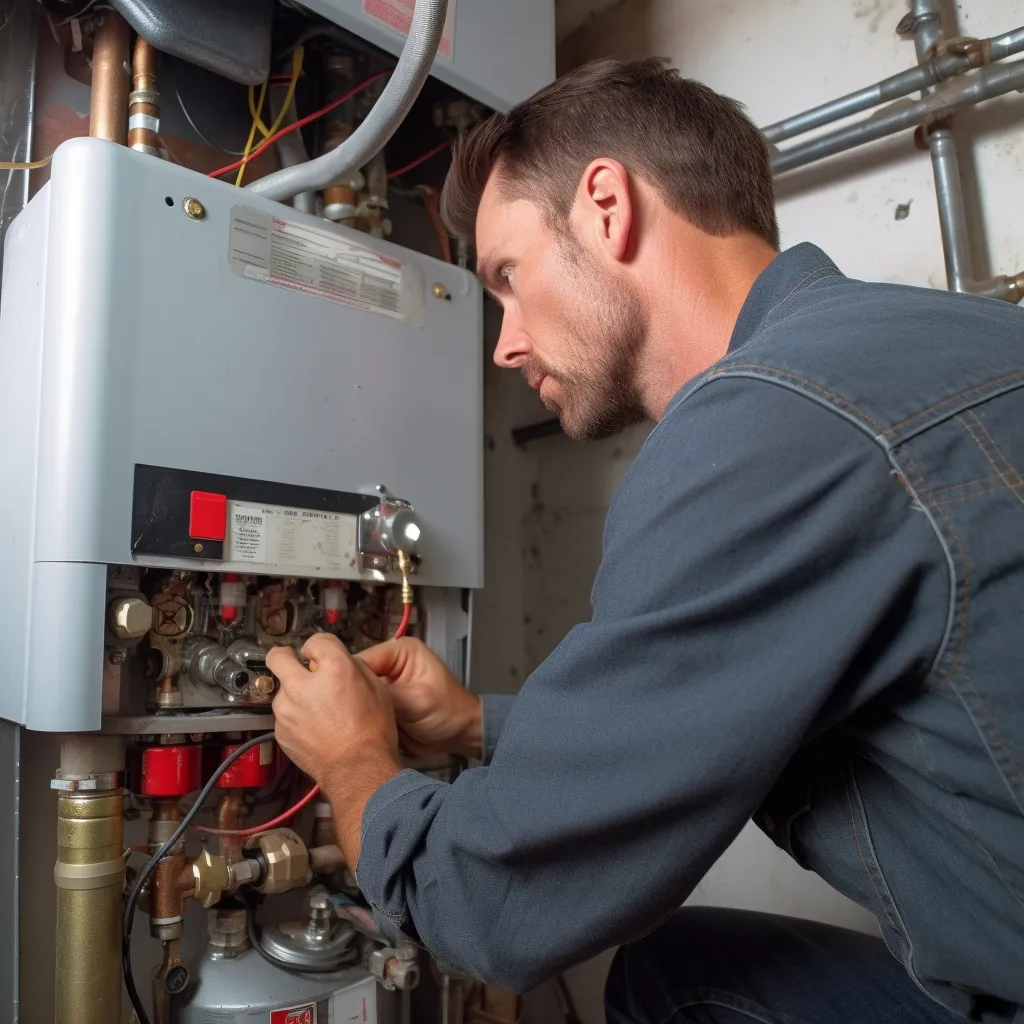
Researching condensing vs non condensing tankless water heaters
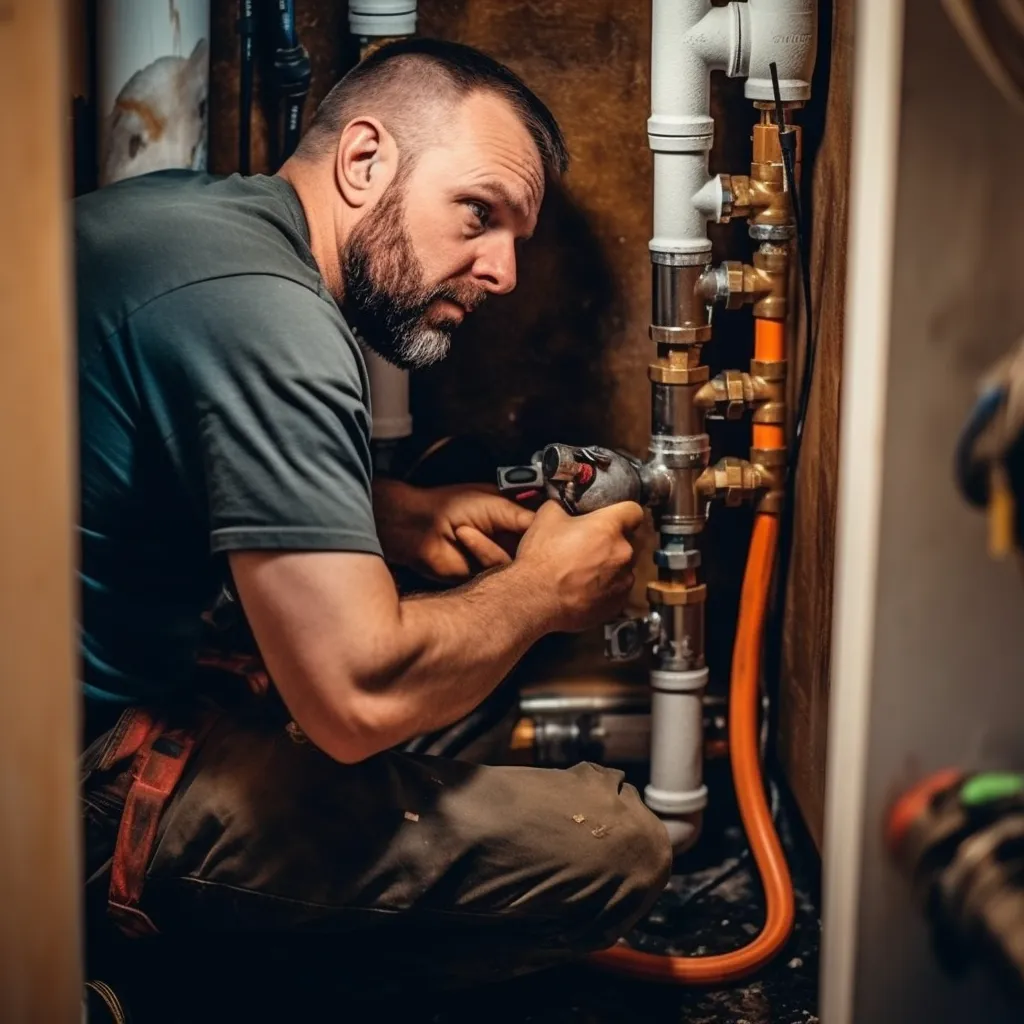
When researching condensing vs. non-condensing tankless water heaters, consider factors such as energy efficiency, venting requirements, initial cost, longevity, environmental impact, hot water demand, available fuel sources, space savings, and installation and maintenance requirements. By understanding these aspects, you can make an informed decision on the type of tankless water heater that best fits your needs.
Contact Us
GET IN FULL TOUCH
PHONE: (209) 370-0794
EMAIL:
orlando@waterheatermodesto.com
Westside Plumbing
Modesto, CA 95354
